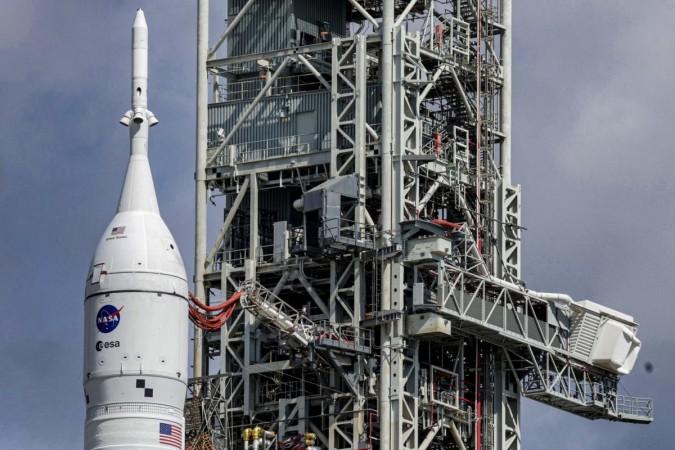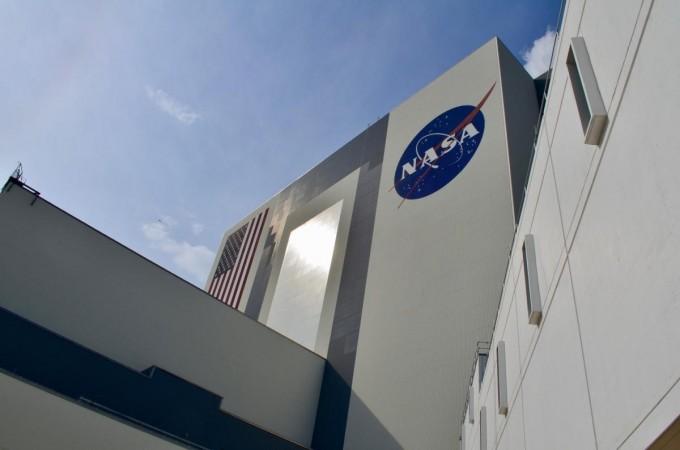US space agency NASA on Monday scrubbed its historic Artemis I mission to the Moon due to fuel leaks.
It was scheduled to launch in a time frame of 8.33 a.m. to 10.33 a.m. (local time) to take an Orion capsule with three test dummies to the moon and back from Florida's Kennedy Space Center. This was NASA's first unmanned space mission to the Moon in the last 50 years since 1972.
NASA has reportedly rescheduled the next flight window for Friday depending on the rocket's readiness. The weather was said to be generally cloudy with a little storm here and there but good enough to launch the rocket, but fuel leaks led to the cancellation of the launch for which countdown started on Sunday.

Its gigantic Space Launch System rocket is considered to be the agency's most powerful when it's ultimately launched. The countdown teams of NASA had two options for a two-hour launch window - from 8:33 a.m. until 10:33 a.m. Eastern, but elected not to go forward, USA Today reported.
NASA's Artemis I launch is part of a larger space program to take astronauts back to the moon sometime after 2025. A 1st round trip test mission is to take place in about 42 days, USA today reported.
In a tweet, NASA announced that Artemis I Launch "is currently in an unplanned hold as the team works on an issue with engine number 3 on the @NASA_SLS core stage. Fuel leaks threaten to force postponement. Suspected fuel leaks during the final liftoff preparations risked the launch to be aborted Monday".

NASA was engaged in a stop and start procedure for fueling the rockets of Artemis I with nearly 1 million gallons of super-cold hydrogen and oxygen because of a leak. The fuelling was already behind the clock by an hour due to thunderstorms near Florida's Kennedy Space Center.
Coincidentally, Monday's leak of the highly explosive hydrogen was reported in the same place that witnessed seepage during a drill last spring. A second hydrogen leak surfaced in a valve that had caused trouble in June even as NASA thought it had fixed the bug, officials said.
The rocket is claimed to be the most powerful to be launched in 50 years since 1972. NASA's Artemis 1 is described as a behemoth, more powerful than preceding rockets launched from Florida's Space Coast in decades. An orange core stage, flanked by bright white solid rocket boosters, helps make it visually unique. And its height is imposing at 322 feet - about the same as a 30-story building, USA Today said.

At least 100,000 visitors were expected to crowd areas around Kennedy Space Center for the mission. In the event of a delay, two backup opportunities - September 2 at 12.48 p.m. and September 5 at 5.12 p.m. EDT - are available. The aborted launch was streamed live from Houston to millions in America on its website, but they were disappointed at its scrubbing.














